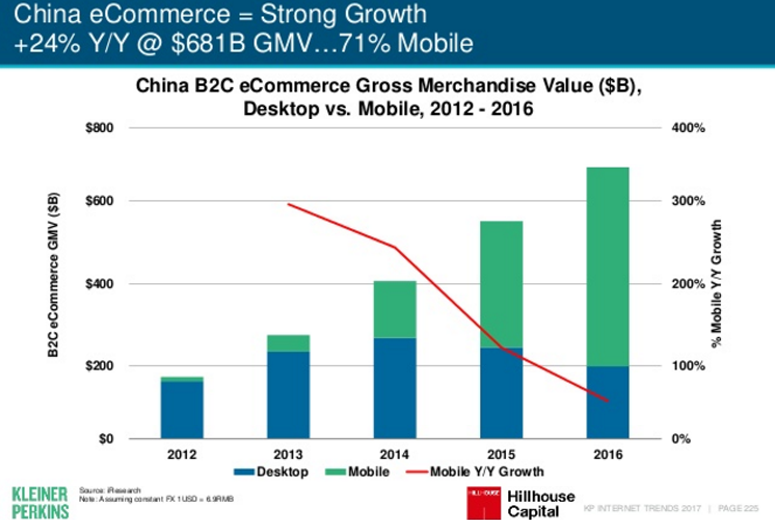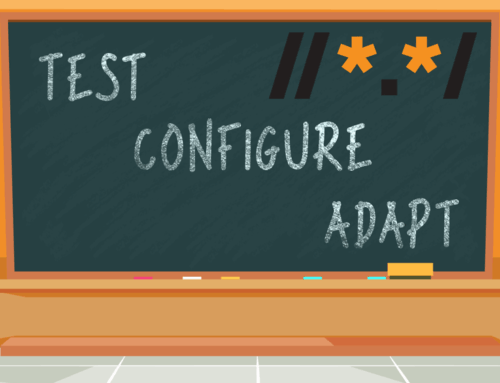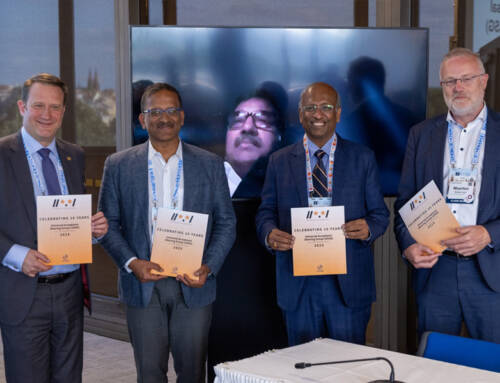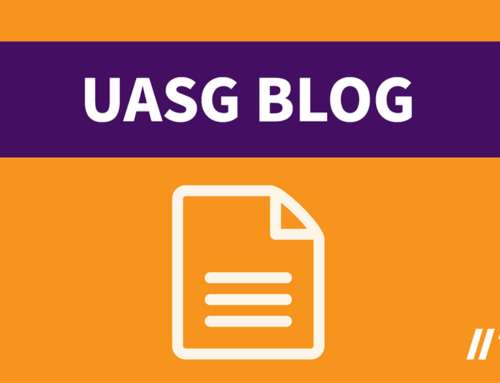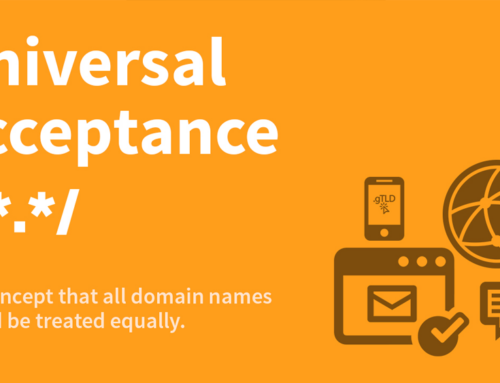By Don Hollander, Secretary General, Universal Acceptance Steering Group
Last month, venture capitalist and analyst Mary Meeker presented the 2017 Internet Trends report at Recode’s annual Code Conference. Several of the findings in this year’s report were noteworthy due to the extent to which they speak to the need for Universal Acceptance (UA), as well as the parallels with our recent white paper, Unleashing the Power of All Domains.
From a UA perspective, three findings in the Mary Meeker report stood out:
- In multi-lingual, multi-script India, the fastest growing large economy, the number of Internet users grew more than 28 percent in 2016 but still only brings India to just 27 percent online penetration. There is significant Internet growth still to come.
- E-commerce growth is accelerating, particularly in China, where it is up 24 percent year-over-year.
- Improved access to wireless broadband, growth in smartphone usage and e-commerce innovations are leading to increased demand for Internet content and services in markets where most residents speak non-Latin-based languages.
As we look at the Internet growth in markets like India and China and consider that the Internet was initially built on unaccented Latin-based characters, clearly the online world is changing and becoming more inclusive. Universal Acceptance is an important part of this evolution. Our recent study, conducted by Analysys Mason and released in April, outlines the economic, social and cultural benefits of UA-readiness, and conservatively estimates that support for Internationalized Domain Names (IDNs) could lead to a $9.8 billion USD revenue opportunity from e-commerce alone. The report looked at just five major languages and language groups that would benefit from IDNs because they use non-Latin scripts (Russian, Chinese, Arabic, Vietnamese and Indic language groups) and the proportion of non-Internet users for whom a lack of local language services is a barrier.
Universal Acceptance issues are not confined to communities that use non-Latin scripts. They also affect the Latin script users (English and European languages) who choose domain names and email addresses more aligned with their sense of identity.
There is much to be gained by updating software systems to work in harmony with the common Internet infrastructure. To learn more about the process of becoming UA-ready or the work of the Universal Acceptance Steering Group (UASG), please click here to get involved.

